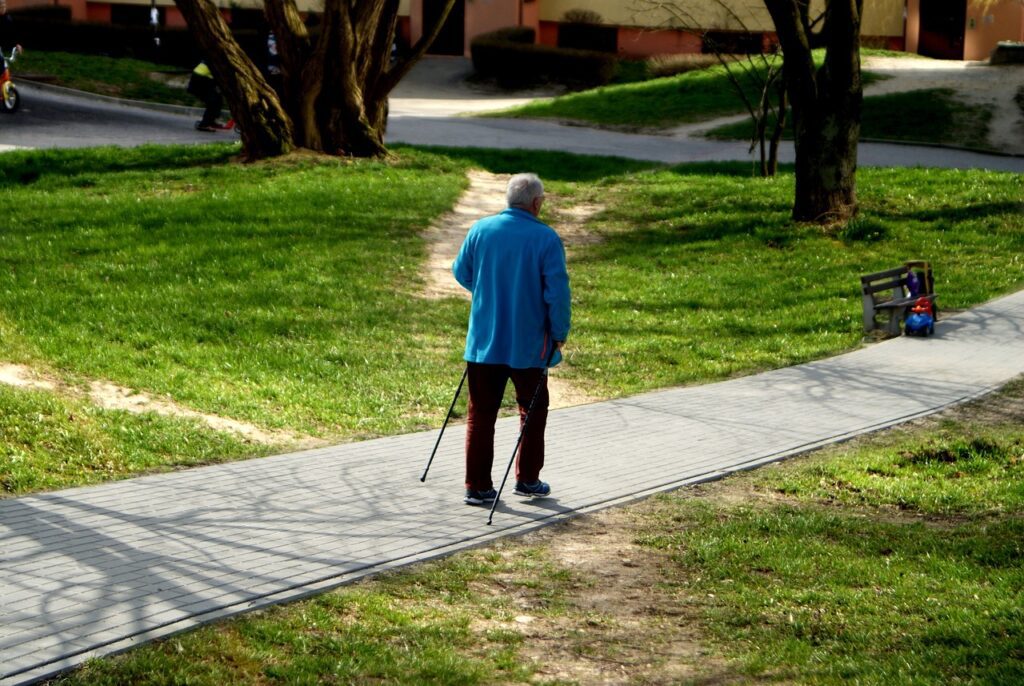A Single 30-Minute Walk Can Help with Rheumatoid Arthritis and High Blood Pressure
- January 26, 2024

A recent study from the University of São Paulo, Brazil, reveals that a single 30-minute session of moderate walking can significantly lower systolic blood pressure in women with rheumatoid arthritis (RA). This is a significant finding as many individuals with RA also battle high blood pressure, putting them at a 48% higher risk of cardiovascular disease compared to the general population.
Rheumatoid arthritis, an autoimmune inflammatory disease, primarily affects joints, leading to pain, swelling, and potential deformity. This study focused on the link between RA, hypertension, and the impact of exercise on blood pressure.
The randomized controlled crossover trial involved 20 female participants with both RA and high blood pressure. They either walked on a treadmill for 30 minutes or served as a control group. The results indicated that the exercise group experienced lowered resting systolic blood pressure by an average of 5 mmHg and stressed blood pressure by 7 mmHg. Notably, their 24-hour systolic blood pressure decreased by 5 mmHg.
The study’s senior investigator, Dr. Tiago Peçanha, explained that aerobic exercise induces vasodilation, a relaxation of blood vessels, leading to a temporary decrease in blood pressure known as post-exercise hypotension. He suggests that with regular exercise, these temporary improvements may become more permanent, akin to the cumulative effects of medication over time.
Cardiologist Dr. Jayne Morgan, not involved in the study, concurred, stating that small decreases in blood pressure from exercise can accumulate over time, providing a sustained decrease in hypertension. She highlighted the potential benefits of exercise independent of the RA population.
While the study focused on women, Dr. Peçanha acknowledged the need for further research to determine if similar results would be observed in men with RA. He emphasized the importance of investigating interventions, particularly exercise, for men with rheumatoid arthritis, considering their higher risk of future cardiovascular events compared to women with RA.
In conclusion, the study underscores the potential of a simple 30-minute walk to not only alleviate symptoms in the short term but also contribute to long-term improvements in blood pressure for individuals dealing with rheumatoid arthritis and hypertension.
